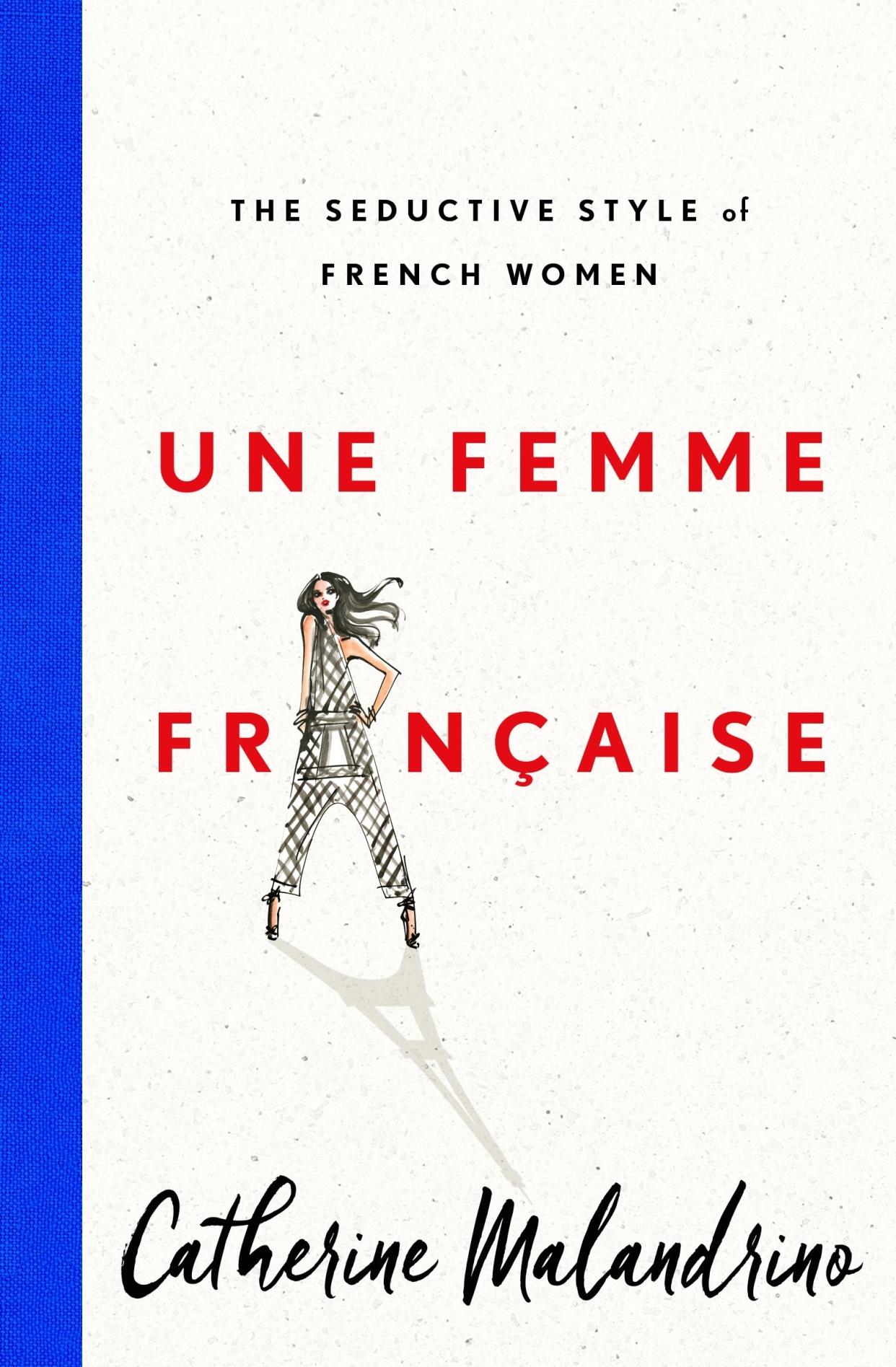Catherine Malandrino on Seduction in the Age of Harassment

When Catherine Malandrino set out to write a book on “the seductive style of French women” a year and a half ago, The Weinstein Co. was gearing up to release the film “Lion” and any allegations against Harvey Weinstein were far from public knowledge. Now as the designer prepares to release her book, “Une Femme Fran?aise,” the cultural conversation is consumed by discussions of harassment, which Malandrino parallels as an extreme example of the cultural differences between Europeans and Americans that she set out to explore in the book.
“The book is coming at a very special time because the biggest topic of the day is about harassment,” Malandrino says, over coffee at Neuehouse. “Here, we are going to raise the voice of seduction. And I think it’s a very sensible subject. And I never expected that because when I did this book a year and a half ago it was really about observing both worlds. Now both worlds are functioning, somehow, similarly or differently. And it looks like, in terms of seduction, we don’t have the same code.”
Her book explores the differences between American and French approaches to dreams, style, beauty, inspiration, audacity and, yes, seduction.
“This book has been inspired by my 20 years in New York,” says the French-born designer. “When you have distance, you’re in a great position to look at the difference and the similarity. I noticed them from the beginning — but meeting people, it became even more evidence of our differences. But a lot of things are on their way to being even closer because American people are rethinking. And I think French people too are rethinking.”
The allure of the French woman to American women is “still very alive,” Malandrino says. “One woman who was very much emphasizing what was the best marriage of French and American culture was Jackie Kennedy. I think she brought this French twist to an American woman. For many years, French women have stayed an inspiration for American women: Brigitte Bardot, Catherine Deneuve. But even today there is a new generation of women — Léa Seydoux, Lou Doillon, Charlotte Gainsbourg, Garance Dore — who are emphasizing again this French touch.”
The French, on the other hand, look to Americans “with the idea of achievement,” Malandrino believes. “An American woman knows what she wants and gets it done.”
These cultural differences are applicable to style and beauty, which she touches on at length in the book, but speak now to a larger cultural difference between Europe and America that she will explore over a series of talks at FIAF today and next week at Neuehouse and FIT, in promoting the book.
“I really want this book to be a subject of conversation,” Malandrino says. “It’s so much a big question of harassment right now in American society. Men in general are going to react, facing this situation — what is going to be the behavior of American women and American men? I felt that it was one of the biggest differences to be addressed in American society, coming from a European background. I’m not just talking about fashion, but about lifestyle and behavior.”
The book marks a shift into other fields aside from fashion for the designer, who has been tangled in lawsuits for the past three years over the rights to her name with the claim that her brand’s owner Bluestar has interfered with the previous owner Tahari/ASL’s on contracts. Malandrino settled with Tahari/ASL but the Bluestar suit is ongoing.
“For the last three years, I’m still fighting. I’m dealing with a situation where I don’t even understand why the people who have my name are still claiming that I’m designing the collection when I haven’t been involved in any creative side of it for three years,” Malandrino says. “I have to deal with situations that are disturbing, as a fashion designer. As a designer I do have a lot of integrity and my reputation is suffering from such a situation. In fashion history, separation between designers and their brand names have occurred, like with Diane von Furstenberg, Joseph Abboud or Inès de la Fressange, but in a difficult environment a real brand name needs authenticity and has more of a chance to succeed when both are reunited.
“I hope all these issues are settled soon. While I’m involved in new projects, because it’s important as a human being to move on and be totally open to possibilities, I am still dealing with that situation, and it’s a very interesting moment because I am very curious about what will be my next big project. I already have many ideas. I feel that I have a world of possibilities — I don’t want to be limited to fashion anymore.”
More from WWD:
Prince Harry and Meghan Markle Choose Windsor for Their May Wedding
Who’ll Give Markle Her Sparkle?
Gotham Film Awards Kicks Off Awards Season
Related stories
Vintage Devotee Natalie Joos Releases Debut Book 'Tales of Endearment'
Parker Ladd, 89, Husband of Arnold Scaasi, Dies in New York City
Tosca Musk Talks Passionflix and How 'Xanadu' Changed Her Life
Get more from WWD: Follow us on Twitter, Facebook, Newsletter